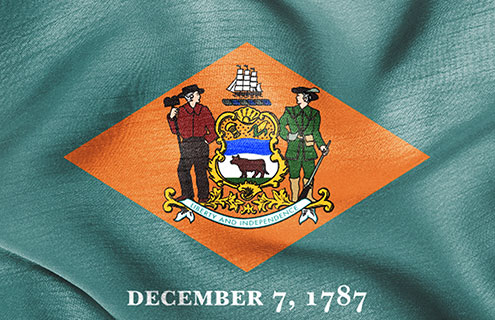Delaware has received “tremendous interest” in its conditional licensing programme, the first of its type offered by a US domicile, according to Steve Kinion, director of the bureau of captive and financial insurance products, Delaware Insurance Department.
This speed-to-market system allows for selected captives to receive a conditional licence on the same day an application is submitted to the Delaware Insurance Department, with six months to establish a permanent licence in the state.
The conditional licensing programme is operated through a web-based protocol system.
On 16 October 2018, the state governor signed into law HB334, which amended Title 18 of the Delaware Code to authorise the state’s insurance commissioner (IC) to issue the conditional licenses to captive insurance candidates. This will allow candidates to conduct business while the IC completes the review of their application materials.
Speaking to A.M. BestTV, Kinion explained: “Most applications require a 30- to 45-day period in which to review it, but because we know our customers in this area, we are willing to issue a conditional license and then during the six-month period, we will review the application.”
“We have received a tremendous amount of interest in this programme because it offers to a captive insurance company the availability of a license on the same day of application.”
Kinion observed that Delaware’s total captive premium had grown by $8.1 billion in 2017, finishing the year with a total of $12.5 billion.
He noted: “That makes Delaware the fastest-growing U.S. captive insurance domicile in terms of captive insurance premium.”
Additionally, the state has altered its legislation to allow captives to file their annual financial statement and premium tax payment on 15 April, rather than the previous date of 1 March.
According to Kinion, this allowed captives an extra six weeks “to make a better annual financial statement to submit to us, as well as a more accurate premium tax statement”.


